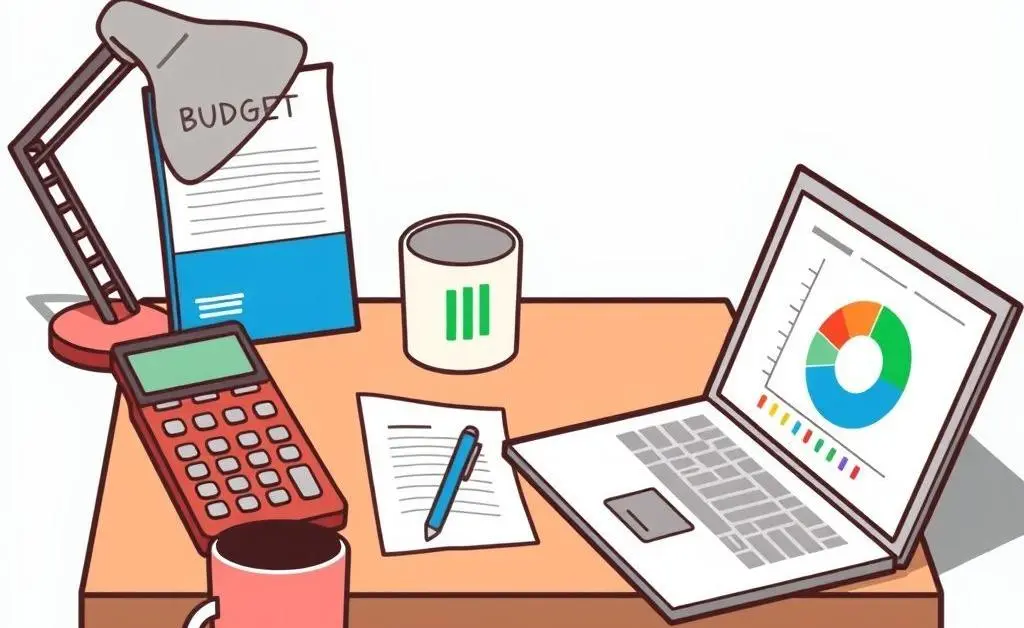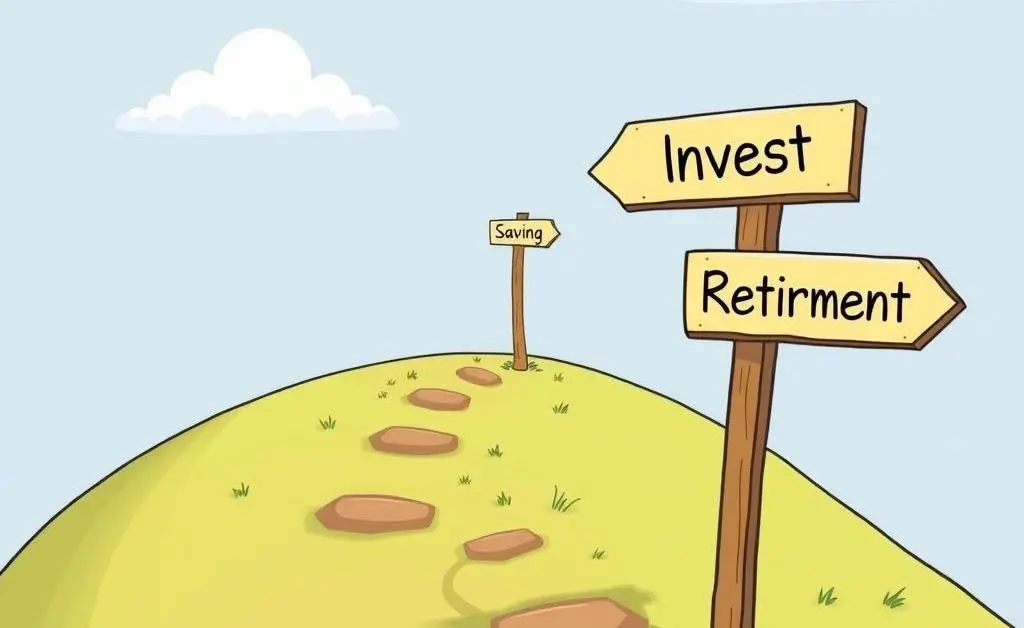How to Start Managing Your Money in Your 20s: A Beginner's Guide
Explore practical steps to manage your finances in your 20s. Start building your financial future today.

Starting your career in your 20s is an exciting transition, but it also comes with a slew of new responsibilities. Managing your finances effectively is one of the most crucial tasks you must tackle at this stage. Don’t worry, though. It’s like having a chat with a friend over coffee as we explore practical ways to manage your money wisely.
Why Financial Planning in Your 20s Matters
Establishing solid financial habits when you’re young sets the foundation for a stable financial future. It’s about creating a roadmap to make sure you’re not just living payday to payday but are on the path to financial security.
Setting Up a Budget

Budgeting is a fundamental skill. It's about knowing where your money goes and ensuring you're spending less than you earn. Start by tracking your expenses for a month to understand your spending habits. There are numerous tools available that can help you simplify this task.
Building an Emergency Fund
An emergency fund acts as a financial cushion for unexpected situations, like sudden car repairs or medical expenses. Aim to save at least three to six months’ worth of living expenses in a separate, easily accessible account.
Starting to Invest

Investing in your 20s gives you a significant edge thanks to compound interest. Even if you can only start small, it’s crucial to begin early. Consider learning about different investment options, like stocks, mutual funds, and retirement accounts, that align with your risk tolerance and financial goals.
Avoiding Unnecessary Debt
While some debt can be beneficial, like a mortgage or student loans, try to avoid accumulating debt through credit cards or unnecessary loans. Pay off any balances monthly to avoid high interest, which can quickly snowball.
Long-Term Financial Planning

As you get comfortable managing your day-to-day finances, start thinking about long-term goals. This could include buying a home, furthering your education, or retirement planning. Align your savings and investment strategies to meet these goals.
In Conclusion
Building good financial habits in your 20s sets the stage for decades of financial peace. Remember, you’re not alone on this journey. Set achievable goals, monitor your progress, and don’t hesitate to seek advice from financial advisors if you feel stuck. More importantly, enjoy the process of building a secure future. What financial steps are you planning to take this year?




